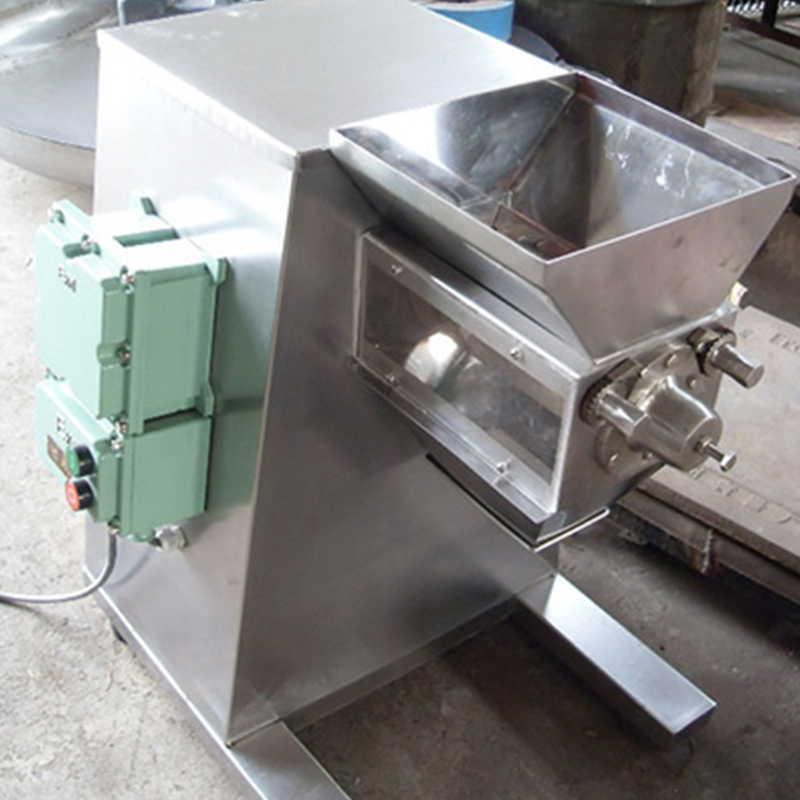How Wet Granulators Optimize the Chemical and Food Processing Industries
1. Enhanced Particle Size Distribution
In both chemical and food processing, the particle size of granules is crucial for achieving optimal performance. Wet granulators help to produce more consistent particle sizes by creating larger, more uniform granules. This is especially important in industries where uniformity of particle size can impact mixing, blending, and overall product quality. For example, in food processing, uniform particle sizes ensure consistent texture, taste, and processing efficiency.
2. Increased Stability and Shelf-Life
Wet granulation aids in improving the stability of final products by reducing the chances of ingredient separation over time. The binding liquid used in the process helps to stabilize the granules, preventing the degradation of active ingredients in chemical formulations and preserving the integrity of food ingredients. This leads to products that maintain their effectiveness and quality over longer periods, reducing waste and increasing shelf-life.
3. Optimized Flow and Handling Properties
For powders or dry granules, flowability and ease of handling are often challenging. In food manufacturing, poor powder flow can lead to inconsistent batching, which can affect the final product’s texture or flavor. Wet granulators improve the flow and handling of granules by binding particles together, producing granules that can be easily transported, measured, and processed further without clogging or uneven mixing. This is particularly useful in high-throughput production environments, where consistency and speed are essential.

4. Efficient Moisture Control in Sensitive Materials
Certain raw materials in both chemical and food industries are sensitive to moisture content. Wet granulation allows manufacturers to control the amount of liquid added to the granulation process, ensuring that the moisture levels are precisely calibrated to meet specific requirements. This feature is particularly important in preventing product degradation due to excess moisture or insufficient bonding in the granules, which could impact the chemical reactivity or food quality.
5. Customization for Specific Applications
Another significant advantage of wet granulators is their versatility in customizing the granulation process to suit specific needs. In chemical manufacturing, this customization may involve varying the liquid binder or adjusting the granulation conditions to meet the desired chemical composition and functionality. In the food industry, wet granulation can be tailored to achieve the desired texture, flavor profile, and consistency of food products, such as instant soups, snack foods, or nutritional supplements.



 English
English русский
русский عربى
عربى Türk
Türk




